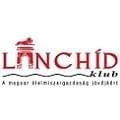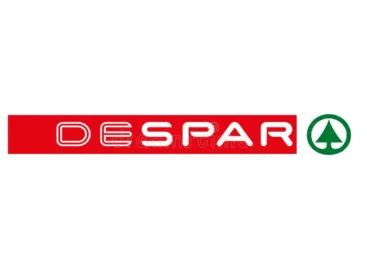Who pays the ferryman?
On 26 May the Hungarian government announced the biggest-ever sector specific taxes.


Guest writer:
László Hovánszky
president
Lánchíd Klub
Retail trade’s share is HUF 60bn from the HUF 800bn government wants to collect this way (another HUF 100bn is expected to come from other taxes), with the purpose of establishing a utility cost protection fund (HUF 700bn), and another fund for financing defence tasks (HUF 200bn). The big question is how the different sectors will react to this windfall tax. Wizz Air has already announced the introduction of a EUR 10 extra tax per passenger.
According to the government, the new tax is imposed on extra profits. Profits in the retail sector were between 2% and 4% after taxation in 2020. Energy prices are 3-4 times higher now than before, and this has a negative impact on the performance of retailers too, especially combined with higher salary costs, increased logistics expenses, the workforce shortage, etc. It is rather likely that the consumption growth will slow down in the current difficult economic climate – at times like these, consumers tend to start buying private label and first-price products. Obviously the government had to do something, but it would have been much better if they imposed the windfall tax on those sectors that really generate big extra profit. //
Related news
EU Commissioner: New regulation strengthens protection for farmers and smaller suppliers in the food chain
🎧 Hallgasd a cikket: Lejátszás Szünet Folytatás Leállítás Nyelv: Auto…
Read more >Despar Italia realises EUR 1.1bn private label sales in 2025
🎧 Hallgasd a cikket: Lejátszás Szünet Folytatás Leállítás Nyelv: Auto…
Read more >Harley-Davidson sees fourth-quarter loss, annual sales decline in 2025
🎧 Hallgasd a cikket: Lejátszás Szünet Folytatás Leállítás Nyelv: Auto…
Read more >







